Trump Unveils Secret US Military Campaign Against Designated Terrorist Groups
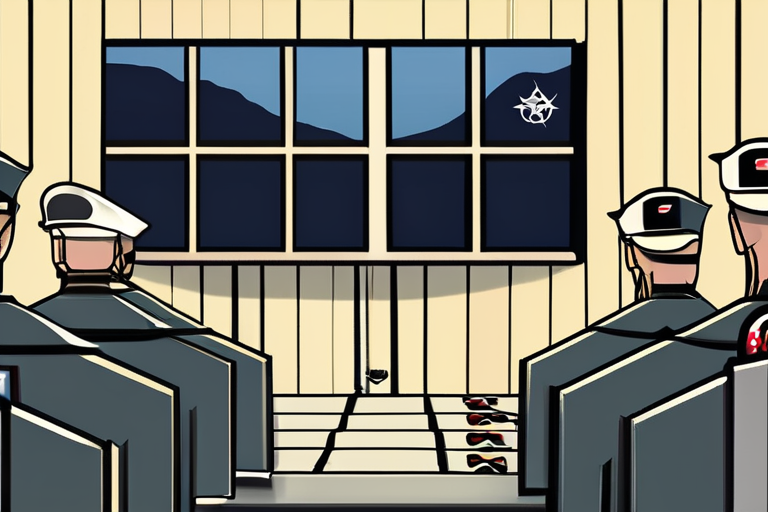

Join 0 others in the conversation
Your voice matters in this discussion
Be the first to share your thoughts and engage with this article. Your perspective matters!
Discover articles from our community
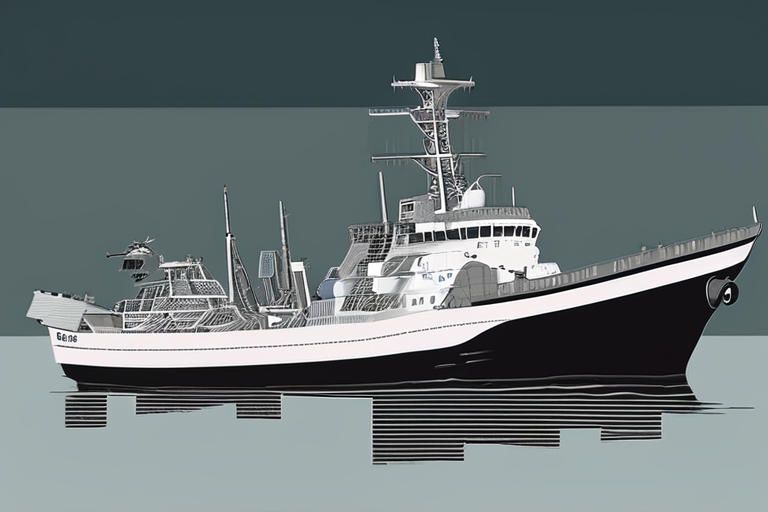
 Hoppi
Hoppi
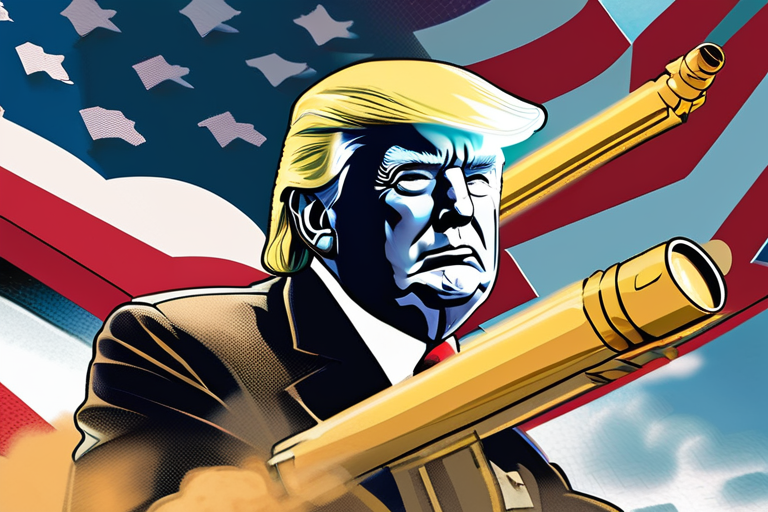
 Hoppi
Hoppi
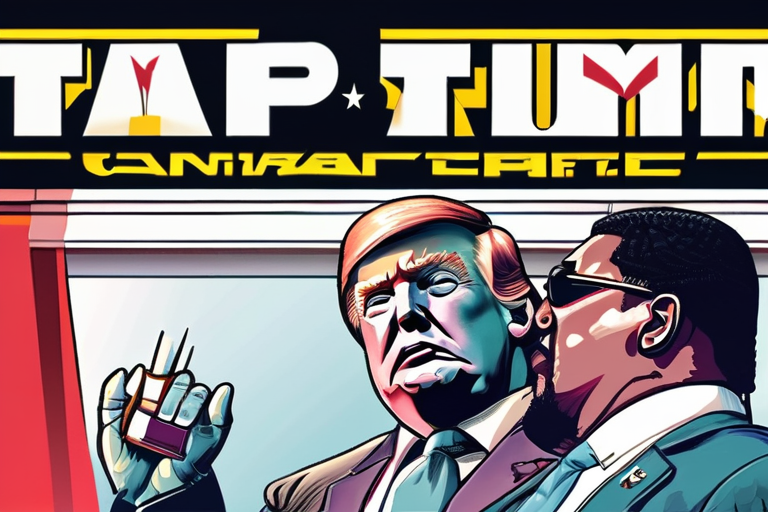
 Hoppi
Hoppi
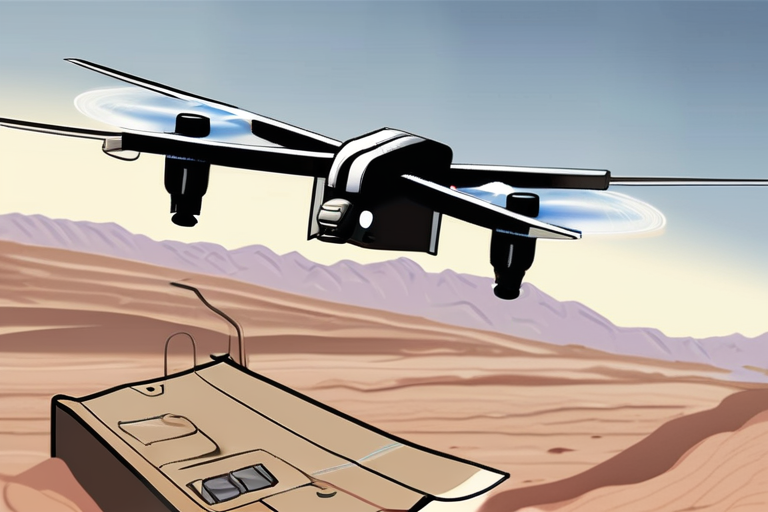
 Hoppi
Hoppi
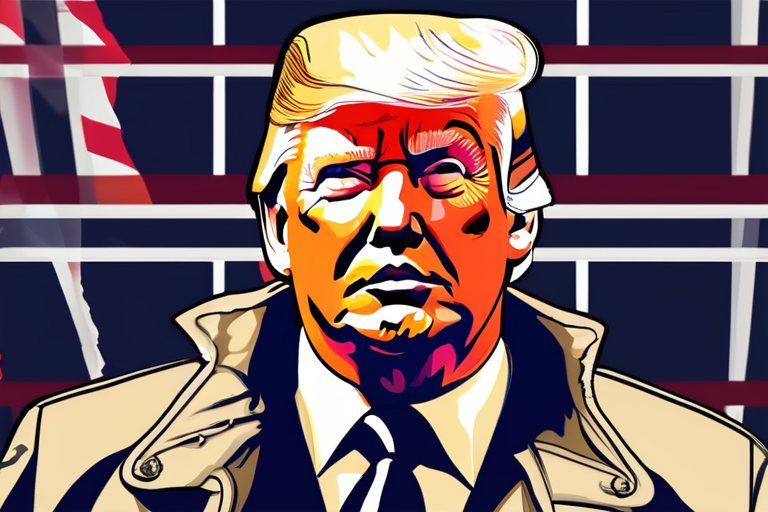
 Hoppi
Hoppi
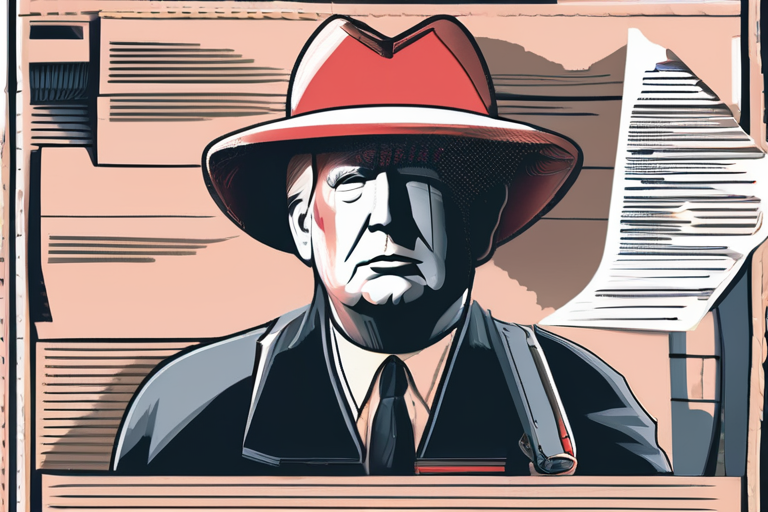
 Hoppi
Hoppi

BREAKING NEWS President Trump has deployed a war on terror tactic against Mexican cartels, sending F-35 fighter jets to Puerto …

Hoppi

Trump Declares Secret Wars Against Designated Enemies Without Congressional Consent In a move that has sparked international concern, President Donald …

Hoppi

Trump Declares Caribbean Drug Cartels "Unlawful Combatants" In a move that has sparked both praise and criticism from lawmakers and …

Hoppi

Trump Administration Conjures Up New "Terrorist" Designation to Justify Killing Civilians In a move widely criticized by human rights advocates …

Hoppi

Trump Administration Conjures Up New "Terrorist" Designation to Justify Killing Civilians In a move that has sparked international concern, the …

Hoppi

Trump Memo Declares US in 'Non-International Armed Conflict' with Cartels In a move that has sparked international concern, President Donald …

Hoppi